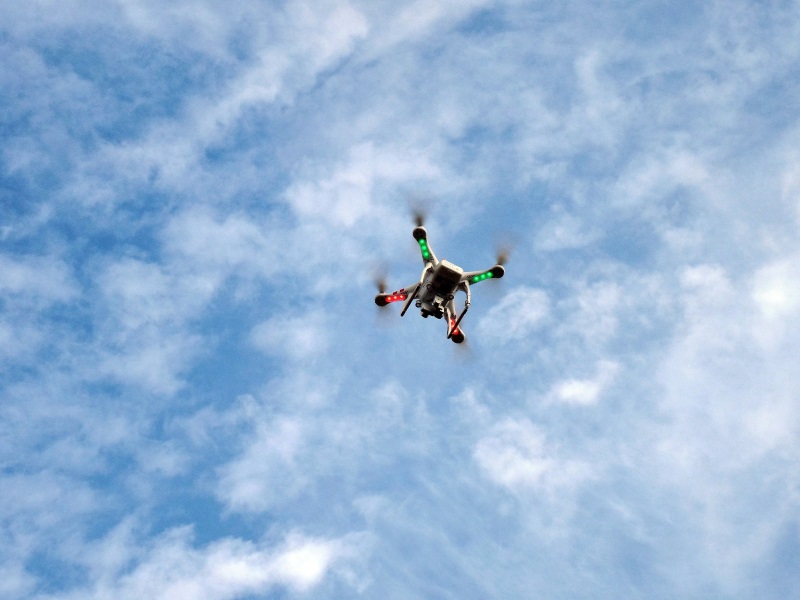- Home
- Others
- Others News
- Rwanda to Start Using Drones to Supply Vaccines, Blood in August
Rwanda to Start Using Drones to Supply Vaccines, Blood in August

International delivery company UPS is backing robotics company Zipline International Inc in a partnership which also includes Gavi, a group providing vaccines to poor countries.
The drones will deliver blood and vaccines to half the transfusion centres in the country of 11 million people, making deliveries 20 times faster than by land.
"Drones are very useful things and we're investing our time and resources and everything in this area. But at the same time we are aware of certain risks involved but which are manageable," Kagame told a news conference at the World Economic Forum on Africa.
Keller Rinaudo, Zipline's chief executive, told a news conference in Kigali the firm had spent $12 million in developing drones. The planned service will use 12 to 15 of the unmanned aircraft.
"The first flight actually delivering may occur in late July or late August. We are locating the system in Muhanga (in southern Rwanda) and we'll be serving most of the transfusing facilities in the western half of the country," he said.
"By the end of 2017, we can be covering the entire country of Rwanda."
Companies in the United States and elsewhere are keen to use drones to cut delivery times and costs, but there are hurdles ranging from the risk of collisions with airplanes to ensuring battery safety and longevity.
As far back as 2013, online retailer Amazon said it was testing delivery using drones and Alphabet Inc's Google has promised such a service by 2017. Leading retailer Walmart is also testing drones.
© Thomson Reuters 2016
Catch the latest from the Consumer Electronics Show on Gadgets 360, at our CES 2026 hub.
Related Stories
- Samsung Galaxy Unpacked 2025
- ChatGPT
- Redmi Note 14 Pro+
- iPhone 16
- Apple Vision Pro
- Oneplus 12
- OnePlus Nord CE 3 Lite 5G
- iPhone 13
- Xiaomi 14 Pro
- Oppo Find N3
- Tecno Spark Go (2023)
- Realme V30
- Best Phones Under 25000
- Samsung Galaxy S24 Series
- Cryptocurrency
- iQoo 12
- Samsung Galaxy S24 Ultra
- Giottus
- Samsung Galaxy Z Flip 5
- Apple 'Scary Fast'
- Housefull 5
- GoPro Hero 12 Black Review
- Invincible Season 2
- JioGlass
- HD Ready TV
- Laptop Under 50000
- Smartwatch Under 10000
- Latest Mobile Phones
- Compare Phones
- Samsung Galaxy A07 5G
- Vivo Y500i
- OnePlus Turbo 6V
- OnePlus Turbo 6
- Itel Zeno 20 Max
- OPPO Reno 15 Pro Mini 5G
- Poco M8 Pro 5G
- Motorola Signature
- Lenovo Yoga Slim 7x (2025)
- Lenovo Yoga Slim 7a
- Realme Pad 3
- OPPO Pad Air 5
- Garmin Quatix 8 Pro
- NoiseFit Pro 6R
- Haier H5E Series
- Acerpure Nitro Z Series 100-inch QLED TV
- Asus ROG Ally
- Nintendo Switch Lite
- Haier 1.6 Ton 5 Star Inverter Split AC (HSU19G-MZAID5BN-INV)
- Haier 1.6 Ton 5 Star Inverter Split AC (HSU19G-MZAIM5BN-INV)

















